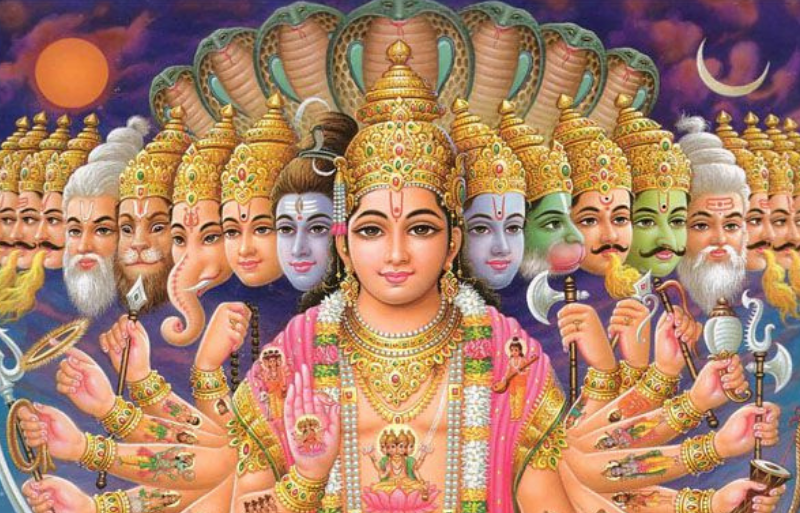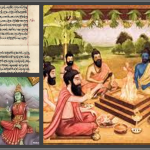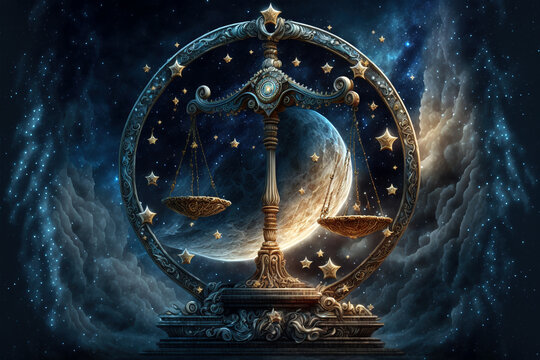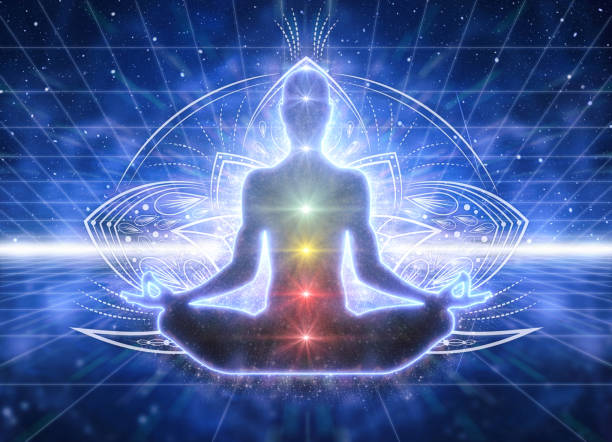Dharma in Hinduism: Understanding the Concept of Dharma

Dharma is one of the most fundamental concepts in Hinduism, shaping not only individual behavior but also the very fabric of the universe. Often translated as “righteousness” or “moral duty,” Dharma in Hinduism signifies more than just ethical conduct. It is the cosmic law that governs the order of the universe and provides a moral framework for individuals to follow in order to live a life in harmony with this universal order.
Cosmic Law and Universal Order
In Hinduism, Dharma represents the cosmic law that sustains the balance of the universe. It is the guiding force that maintains the harmony of nature, the seasons, the elements, and the entire cosmos. Without Dharma, chaos would reign. This universal principle ensures that the world functions according to divine law, and it reflects the divine intelligence behind creation.
Dharma is not a rigid set of rules but a dynamic principle that adapts based on context, time, and individual circumstances. It is often seen as the path of righteousness that one follows to fulfill their role in the grand design of the universe.
Svadharma: Personal Duty
In Hinduism, Dharma is closely tied to the concept of Svadharma, which refers to an individual’s personal duty or responsibility. This duty is determined by one’s varna (social class), ashrama (life stage), and individual circumstances.
For example, a student has the duty to acquire knowledge, a householder has the duty to support and provide for their family, and a warrior has the duty to protect their people. The Bhagavad Gita, one of Hinduism’s most revered texts, emphasizes this idea when Lord Krishna advises Arjuna to follow his Svadharma as a warrior, even when faced with difficult decisions.
This personalized approach to Dharma ensures that individuals act in accordance with their role in society, respecting the inherent order and balance of life. It encourages people to live responsibly, make wise decisions, and fulfill their obligations with sincerity and integrity.
Karma and Dharma: Interconnected Principles
Dharma and Karma are intimately connected. Karma refers to the actions one performs and their consequences, while Dharma provides the moral guidance for those actions. In simple terms, Dharma is the righteous path that ensures good Karma. By following one’s Dharma, an individual accumulates positive Karma, leading them to spiritual progress.
The concept of Karma also emphasizes that actions are not isolated; every action has a ripple effect, and it is essential to act with awareness and mindfulness. By following Dharma, individuals create positive outcomes, not just for themselves but also for the world around them.
Dharma in the Bhagavad Gita
The Bhagavad Gita, a sacred Hindu text, offers one of the most profound explanations of Dharma. The text takes the form of a dialogue between Lord Krishna and the warrior prince Arjuna on the battlefield of Kurukshetra. Arjuna is confused and reluctant to fight in the war, questioning the righteousness of the battle and his role in it.
In response, Lord Krishna teaches Arjuna about the concept of Nishkama Karma—the idea of selfless action. He urges Arjuna to perform his duty as a warrior without attachment to the results, emphasizing that following one’s Dharma leads to spiritual growth and liberation (moksha).
Krishna explains that Dharma is not just about following external rules but understanding one’s internal motivations and acting according to divine principles. Thus, the Bhagavad Gita presents Dharma as a way to align one’s actions with the larger cosmic order, beyond personal desires and ego.
Dharma and Spiritual Growth
Dharma also plays a crucial role in the spiritual development of an individual. By adhering to Dharma, individuals cultivate virtues such as truthfulness, compassion, and non-violence (ahimsa), all of which contribute to a purified mind and heart. This ethical conduct is essential for spiritual growth and ultimately leads to moksha, liberation from the cycle of birth and rebirth (samsara).
The ultimate goal of following Dharma in Hinduism is to live a life of virtue, integrity, and wisdom, leading one to the realization of the self’s divine nature and unity with the cosmos. It is through Dharma that individuals transcend their ego and realize their true, eternal nature.
Conclusion
Dharma in Hinduism is far more than just a set of moral guidelines; it is the guiding principle that links individuals to the universe’s cosmic order, encouraging them to act in ways that promote balance, harmony, and spiritual growth. Whether in the form of personal duty (Svadharma) or as a cosmic law, Dharma provides the foundation for living a righteous life, fulfilling one’s responsibilities, and progressing toward spiritual liberation.
By understanding and following the principles of Dharma, Hindus believe that they can align themselves with the divine order, live virtuously, and ultimately attain moksha, transcending the cycle of birth and rebirth.










